Wrap Up WYW? and More of Mike’s Why
At the heart of this series was the idea that, even if we are not very good at talking about it, each of us has a personal reason to continue in this odd journey called “Christian faith.” We hope that by hearing several people from the congregation talk about their “why?” you have found points of connection to your own “why?” and that you have been inspired in knowing that you are not alone in this journey of faith. Furthermore, we hope you have been encouraged to consider your own “why?”, and perhaps take another step forward on your journey.
If considering your “why?” seems a little daunting, I’d like you to know that it really doesn’t have to be difficult. As a way to get you thinking, I encourage you to come up with just five words that are in some way connected to your “why?”, and think of how you would explain to others why each of those words is significant to you and/or your faith. If you actually share your five words and reasons with someone else, great! If not, I think you will still find this meaningful.
Below are my five words, which I present as “conversationally” as possible (that is, I wrote this as fast as possible and with no revising, to avoid over-thinking it!).
My five words:
Peace – In our faith, peace is an all-encompassing word. It basically means everything being just as it ought to be, as it was meant to be. Peace is not “boring” (like sitting on the clouds of heaven all day), but is dynamic and interesting and it feels like wholeness and meaningfulness. This type of peace is not uniform or a single totality, but is relational down to its very essence. That’s because peace reflects the beautiful relatedness of the Trinity, Father, Son, and Holy Spirit (the Mother of us all). And, and I am not just saying this, I have a sense of peace deep in my being. I just believe “all this” is a wondrous, grace-filled gift. I also believe, in some way, maybe not even in the dimension of time, but in some way, “all this” will know the fullness of peace, and that will be really cool.
Church – The world ain’t what it should be. There’s stuff that’s messed up. There is stuff that is messed up in my heart, and in all the power systems of the world. But there is a group of people that’s trying to live out a better way, a way more aligned with real peace, and that group of people is called “church.” I am committed to the church because I think the church is seriously counter-cultural. That is, we live by a different culture (different priorities, different hopes, different values, different virtues – basically, we have a different ruler/master/”Lord”). Our “church” culture is shape by the story of Jesus’ life, and his teachings. Only when we get aligned with the story of his life and his teachings do we have anything of real value to offer the world – an alternative to all the things that are messed up. In this sense, the church is “an outpost of heaven,” trying to live “in” the world, but not being “of” the world, all the while living “for” the world. Oh, also, church means that this none of this is about me as an individual. We are all in this together.
Cross (which is shorthand for the cross and the resurrection) – I don’t really believe that Jesus died “for” our sins, at least not as those words are normally used, as if we owed a debt to God because of our sin and Jesus paid off our debt, or as if God was really angry with us and Jesus somehow took all that anger on to himself so God is not mad at us anymore. Nobody needed to die for that. God could have just said, “Yeah, I forgive you.” I do, however, believe Jesus died “because of” our sins – because we humans don’t actually trust the rule of God in this world, and we prefer to rule our own lives (see above about things being “messed up”). After all, the cross was just a gruesome form of capital punishment – like the electric chair. (In fact, if you want to understand the emotional impact of the cross on the early Christians, just think of what it would be like to have an electric chair as the symbol of our faith, to have a big electric chair at the front our sanctuary, or to wear an electric chair pendant on your necklace.) The cross tells us something which is otherwise impossible to know: that you can’t overcome hate with hate, violence with violence, fear with fear, death with death. Darkness can only be overcome by light. Hate by love. Violence by peacefulness. Fear by compassion. Death by life. That truth leads to this kind of life:
14 Bless those who persecute you; bless and do not curse them. 15 Rejoice with those who rejoice; weep with those who weep. 16 Live in harmony with one another; do not be arrogant, but associate with the lowly; do not claim to be wiser than you are. 17 Do not repay anyone evil for evil, but take thought for what is noble in the sight of all. 18 If it is possible, so far as it depends on you, live peaceably with all. 19 Beloved, never avenge yourselves, but leave room for the wrath of God, for it is written, “Vengeance is mine; I will repay, says the Lord.” 20 Instead, “if your enemies are hungry, feed them; if they are thirsty, give them something to drink, for by doing this you will heap burning coals on their heads.” 21 Do not be overcome by evil, but overcome evil with good. (That “burning coals” thing means it might lead them to change)
Romans 12
Really, I think without the cross (again, that means the cross and resurrection) I think the world is doomed to rip itself apart. There just is no other way to life.
Enough – I haven’t done a great job yet of shaping my life around this conviction, but I really believe that we should create a world where everyone has enough. There can still be rich people (and I am rich by any reasonable account – the top 1% considering the whole world, not just the U.S.), but we rich people have to be unfailingly committed to actions, policies, and sacrifices that make it more likely that everyone will have enough to live a decent life, with enough food, enough health, enough education, and enough dignity/autonomy. In this regard, national boundaries should make absolutely no difference. People in Angola (just for example) are just as much precious children of God as I am and as is my fellow American, and people in Angola should have enough. I don’t want “one world government” because I don’t trust that kind of power, but I do want my connection to others as fellow precious children of God to be more important than the claim of any political power to my loyalty. Truly seeing that “we belong to each other” (as Mother Teresa and Greg Boyle put it) would lead to everyone having enough, in a very literal sense.
Everyone – And I mean everyone. I am only willing to be a Christian because I believe that, in the end (whatever that is), everyone ends up in the fullness of divine peace (see above). Or more traditionally stated, everybody goes to heaven – no exceptions. Now, don’t get me wrong: some of us are going to have some serious stuff to change about ourselves before we know the fullness of that divine peace. And, in a way, that’s gonna hurt (thus in one sense “hell” is real). But it’s also going to feel like we are becoming more truly ourselves, becoming what we were created to be, but we didn’t realize it before. Me, and I dare say Adolf Hitler and Jeffrey Dahmer more so, are gonna feel some agony (the agony of regret – “weeping and gnashing of teeth” the Bible calls it) when they realize, “O my God, I was so wrong about the world. I was so wrong about me.” But even for them, that is going to be the pain of transformation, of (new) birth. They are going to have to look every other human being in the eye and say, authentically, “I am so sorry.” And, actually, the rest of us are only going to know the fullness of divine peace ourselves when we can say, authentically, “I see you have changed. You have become who you were meant to be. I forgive you for who you used to be. You are my brother. Let’s walk through the pearly gates together.” Somehow, and this I truly cannot explain, the divine peace will not involve forgetting all that was (our former “sins”), but all that was will somehow be seen with such compassion, sympathy, and understanding, that it no longer causes pain. After all, evil/sin is contrary to our true nature as children of God, so all evil/sin is a deprivation, a tragedy, a consequence of a primal shadow that grew to engulf the world. So, yes, someday, in “eternity,” when they have worked through all their crap and become who they were created to be, we will be able to see even Hitler and Dahmer through the eyes of love. I am only willing to be a Christian because we believe in a God who will get through to all of us eventually.
So, what’s my why? I am committed to this thing called “Christianity” because it gives the most beautiful, compelling, and satisfying vision of who I really am, who we really are, and what the world really is, and that vision draws me in deeper and deeper as I grasp more and more of it, glimpse by glimpse.
So, what about you? What’s your why? What are your five words? If you are willing, I’d love to hear. Peace, Mike
(P.S.) If you want some questions to help get you started, here you go:
***When you think about what you know of Jesus, what seems compelling? What makes you want to be connected to a people who are connected to him?
***Acknowledging that some Christians have given the very word “Christian” negative connotations in the world today, what do you believe are the positive connotations?
***What is important to you in life? Why?
***What God-words from the Bible most resonate with you? Light? Life? Love? Cross? Disciple? Justice? Hope? Peace? Forgiveness? Salvation? Friend? Courage? Redemption? Creation? Deliverance? Comfort? Resurrection? Truth?
***Was there ever a time in your life when you explicitly made a significant decision because of your faith? Why was your faith influential at that time?
***Has your faith ever comforted you in grief, suffering, or other distress? How did you experience that?
***Has your faith ever given you great joy or peace? When? Why?
***Why are you committed to a church?
***Why are you committed to Union Church?


